Iran won’t compromise national security, in talks with Iraq over terrorists: Ambassador
Iran’s Ambassador to Baghdad Mohammad Kazem Alesadeq says the Islamic Republic has told Iraq’s central government and the Kurdistan region that it is serious about its national security after a number of sensitive Iranian military centers have been targeted from the Kurdistan soil.
“Some of our vital military centers have been attacked from the Iraqi Kurdistan region’s soil and we have informed the Iraqi side, both the authorities of the Iraqi Kurdistan region and the central government in Iraq, of this issue. We [provided them] with maps and documents, and they understood this reality,” he said.
Alesadeq made the remarks in an exclusive interview with Iran’s Arabic-language television news network al-Alam TV.
The ambassador denied reports about Iran’s land advance into the Iraqi Kurdistan region, saying, “Iran respects Iraq’s sovereignty and has carried out several measures to [improve] stability, unity and prosperity in that country.”
Alesadeq said Iran has political, geographical, historical and ideological relations with Iraq while the two neighboring states’ people enjoy cordial relations, adding, “Therefore, it is not possible that Iran conducts land operations against Iraq.”
He pointed to recent talks between Commander of the Islamic Revolution Guards Corps (IRGC)’s Quds Force Brigadier General Esmail Qa’ani and senior Iraqi officials, including new Prime Minister Mohammed Shia al-Sudani, in Baghdad, where he reiterated the Islamic Republic’s support for Baghdad to settle the existing crises and provide better services to the people of the Arab country.
Alesadeq noted that Iran has always made efforts to settle problems with Iraq through dialogue, and close and strong relations between Tehran and the Kurdistan region should not allow separatist elements to infiltrate into Iran to kill Iranian security forces and blow up the country’s security centers.
The Iranian diplomat pointed to several rounds of fruitless talks with Iraq's Kurdistan region and said sometimes the ethnocentrism view affects political and diplomatic issues, “Therefore, we had to ask the central Iraqi government to intervene in this regard.”
Since September 24, the IRGC has frequently launched air raids against the positions of the terrorists, who are holed up in Iraqi Kurdistan.
The elite force has on several occasions urged the central Iraqi government and the Kurdistan region to meet their commitments toward Iran and take necessary measures to secure the common borders.
Securing common borders
Alesadeq said officials of the Kurdistan region have insisted that the central government is responsible for securing common borders.
He added that Iran has called on the Iraqi officials to disarm terrorist groups in the Kurdistan region and transfer them from border areas to refugee camps because they are “considered as refugees and this is while a refugee does not carry weapons, does not conduct military exercises and does not destroy.”
The central government in Iraq is determined to find a solution in this regard because the country’s constitution allows no attack on neighbors from the Iraqi soil, which is a positive issue, he explained.
The Iranian ambassador expressed hope that the Baghdad government would take control of borders and disarm terrorist groups and that criminals would be expatriated between the two countries.
70 documents on presence of terrorists, separatists in Iraq's Kurdistan
Alesadeq said Iran has presented more than 70 documents about the bases, educational centers and meetings of the armed terrorists and separatists groups in the Kurdistan region to the Iraqi officials who have pledged to investigate them.
He added that officials in the Kurdistan region are capable of countering terrorist groups “and we will achieve this goal through negotiations.”
The Iranian diplomat further said Tehran has deep-rooted ties with Iraqi Kurdistan region and has supported it even during former Iraqi dictator Saddam Hussein’s rule.
“Currently, there are strong relations between the authorities [of the Kurdistan region] and the two nations. There are also economic relations and medical tourism,” he said, adding that Iran expects Kurdish officials to be serious about solving problems.
Strong bond between Iran, Muqtada al-Sadr
Alesadeq also said Iran has strong relations with popular Shia cleric Muqtada al-Sadr, a “prominent figure respected and accepted by all parties,” emphasizing that this relationship has never been broken up.
He expressed his regret over Sadr’s decision to quit political life and close his political offices and said the old and great Iraq’s Sadrist movement has its roots in the Iraqi society.
Israeli military chief warns Netanyahu, Katz of manpower crisis undermining military readiness
Iran Judiciary chief: Enemy turned to rumors after defeat in riots
Iran dismantles terrorist cell: Ringleader killed, 11 members arrested
Netanyahu joins familiar circle of war at heart of Trump’s Gaza plan
‘Eulogy for globalist hypocrisy’: Netizens react to Canada PM’s speech on end of ‘rules-based order’
US Treasury Secretary boasts about harming Iran economy, fueling unrest
Thousands protest Trump’s immigration policies on second term anniversary
Ex-NATO chief slams Trump’s Greenland threats, calls on EU to hit back



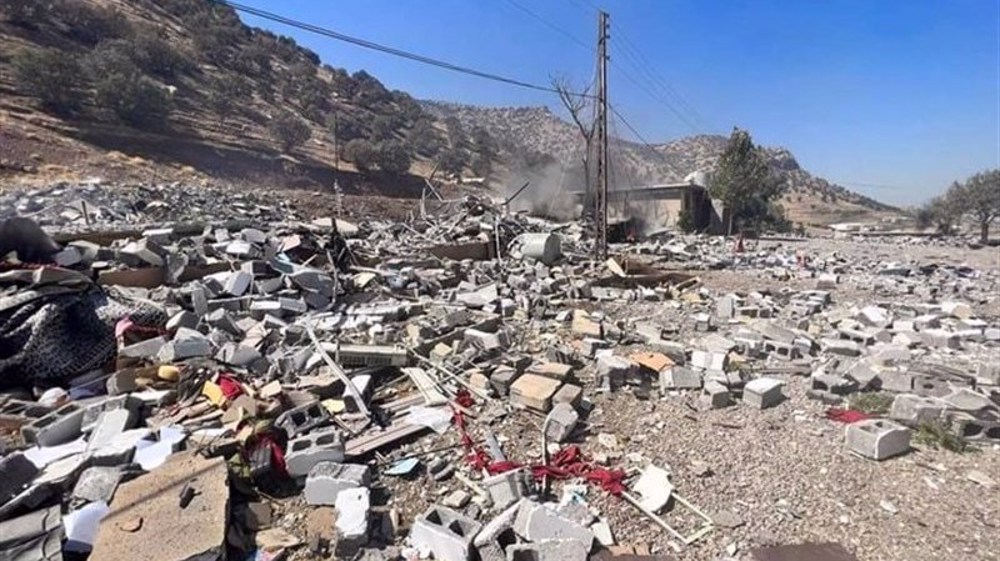
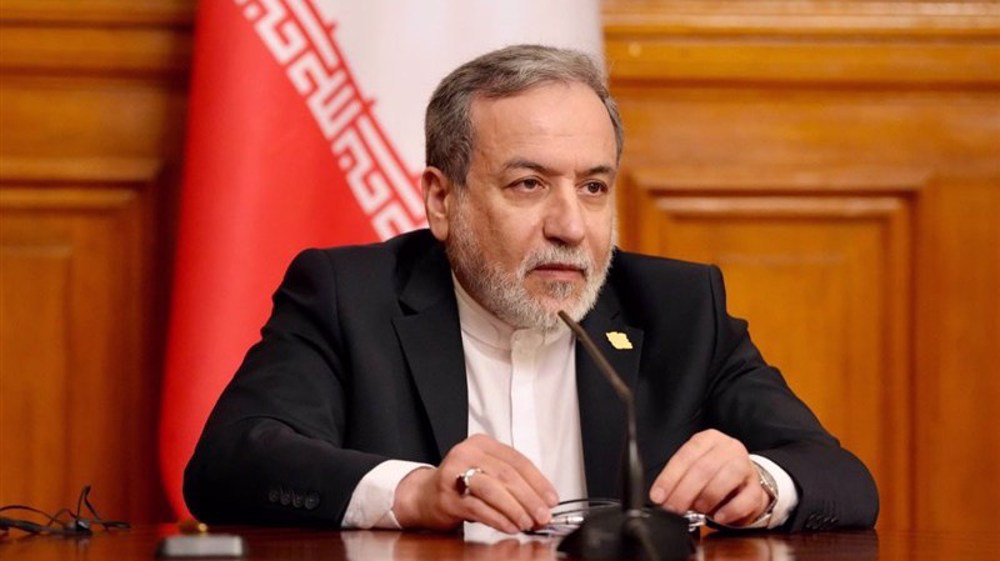
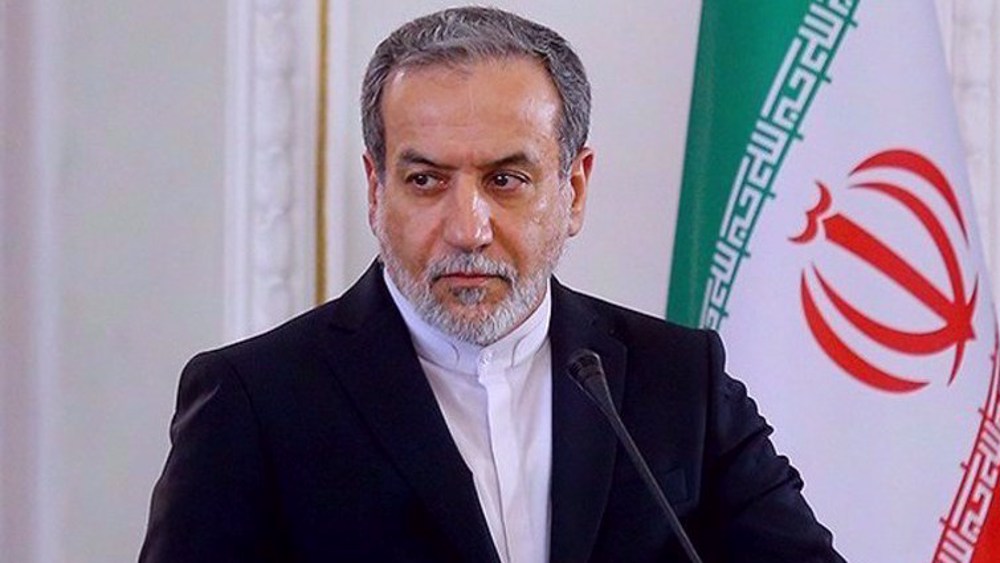
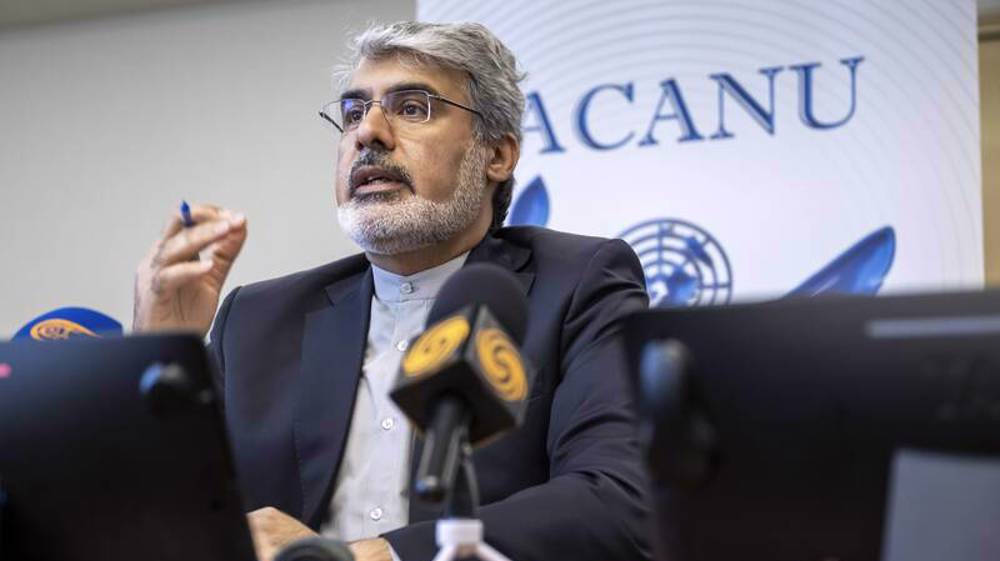



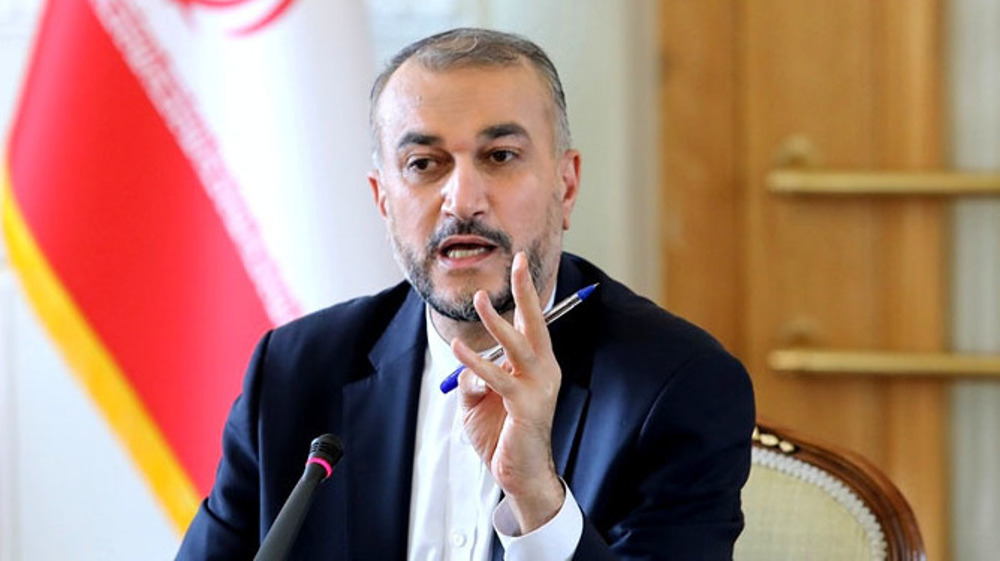
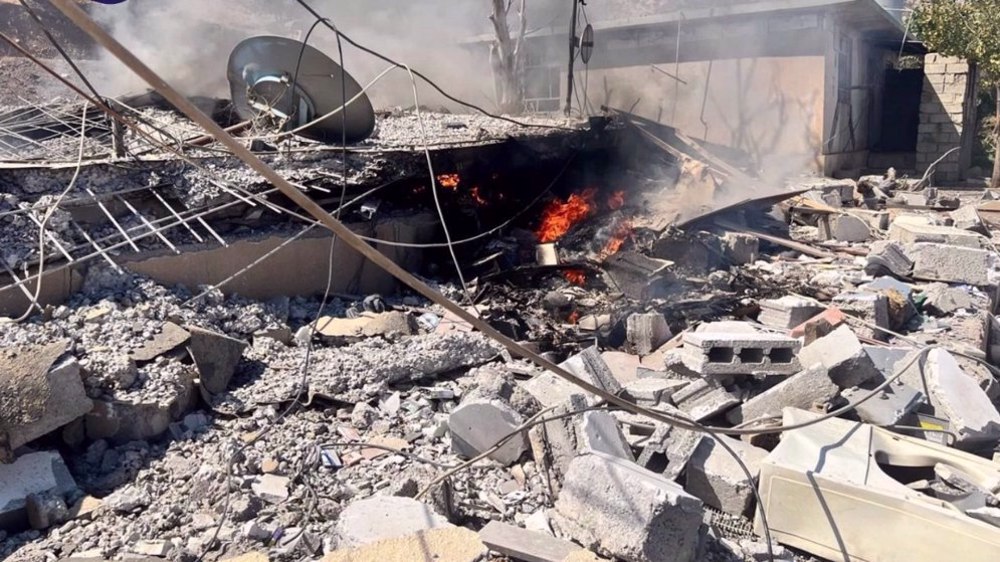
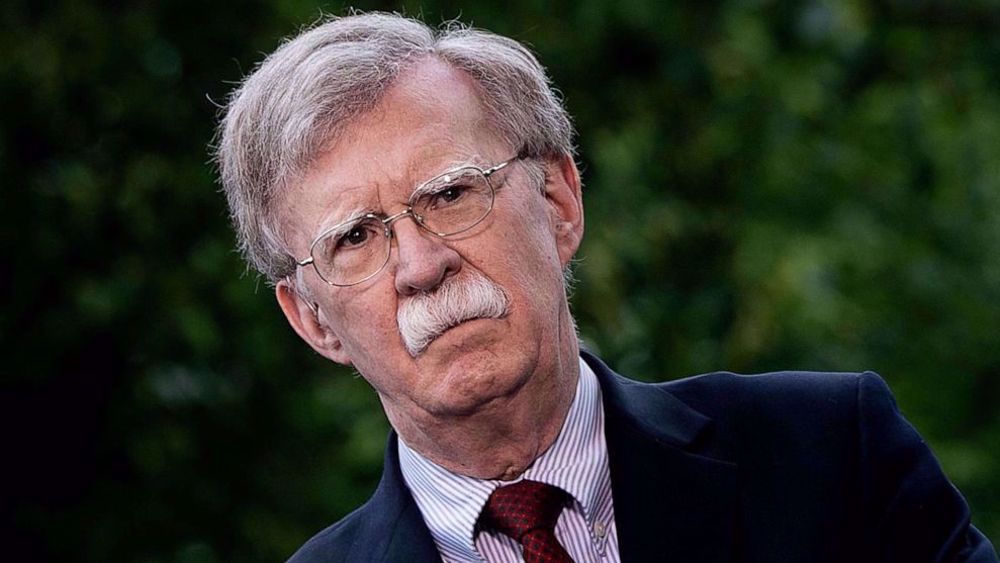

 This makes it easy to access the Press TV website
This makes it easy to access the Press TV website